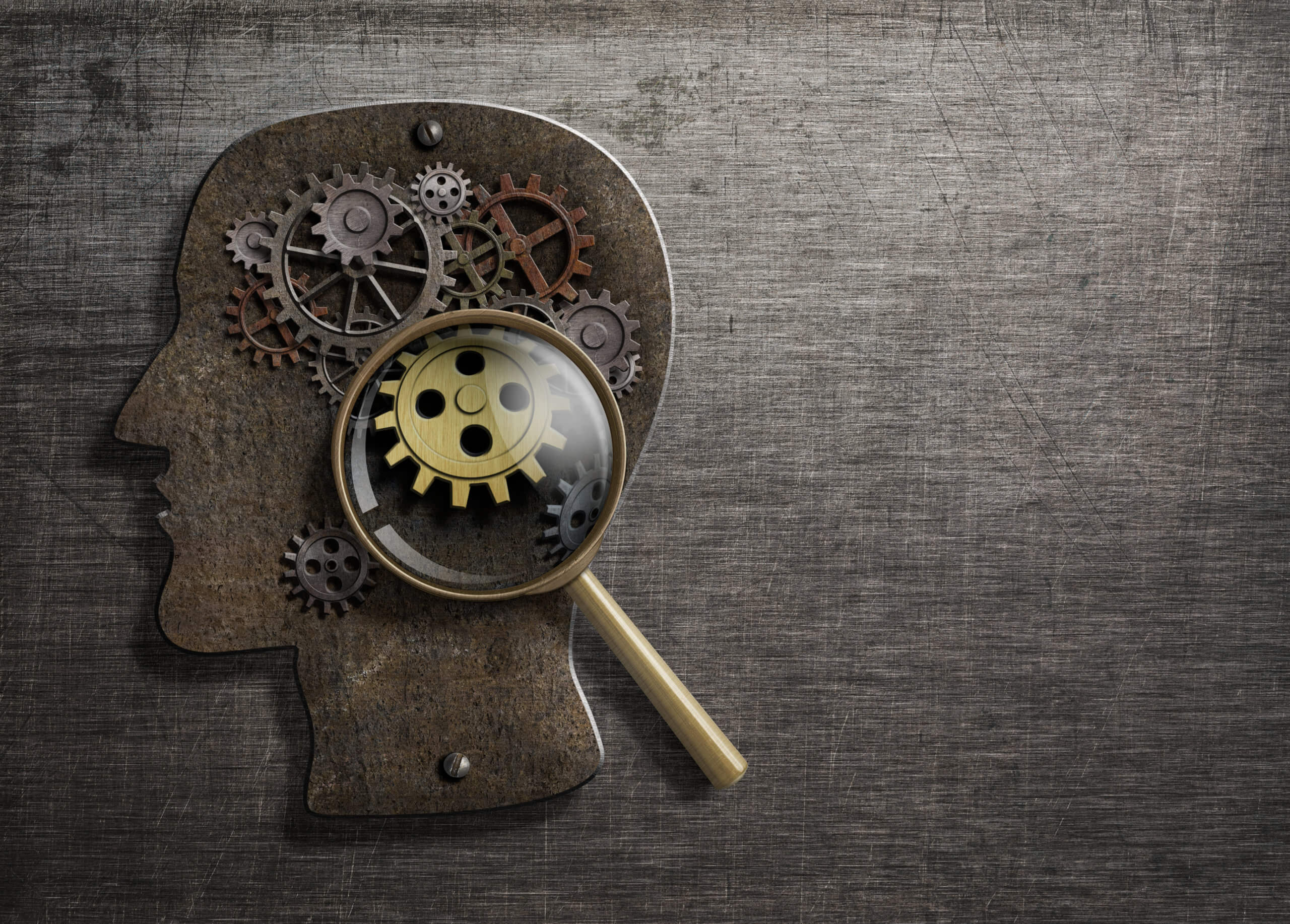“Cracking the Brain’s Code: How Data Science Reveals the Secrets of Brain Development”
Hey there, curious minds! Ever wondered how our brains grow and develop? It’s like a puzzle scientists have been trying to solve for years, and they’re using some pretty cool tools and methods to do it. Let’s dive into how they’re unraveling the mysteries of the brain’s journey from baby to adulthood.
Meet Ariel Rokem, a brain detective from the University of Washington. He and his team are part of a field called “neuroinformatics,” which is like the brain’s own digital code-breakers. They use fancy tech, like MRI machines, to study the brain’s inner workings.
So, what’s so special about the brain? Well, it’s incredibly complex, and each one is unique. Think of it like a supercomputer with 86 billion tiny cells called neurons that communicate with each other. These neurons are connected by a network of highways called “white matter,” which helps messages travel fast.
Now, here’s where things get interesting. Scientists are collecting tons of data from brains to understand how they work and develop. They use MRIs to scan the brains of people from newborn babies to grown-up adults. But with all this data, they need new tools to make sense of it all.
In the past, researchers could only study a small group of people. But today, thanks to big projects like the Human Connectome Project, they can gather data from over 1,000 individuals! This means more data and more puzzle pieces to work with.
Ariel Rokem and his team used this data to study how “white matter” in the brain develops in newborn babies. They focused on something called “myelin,” a fatty substance that helps neurons send messages quickly. Myelin is like the insulation on electrical wires, making sure signals don’t get all jumbled.
Here’s what they found: myelin develops slowly after birth, but right at the moment of birth, it takes a pause. This discovery is huge because it helps us understand early brain development. It could also help doctors find ways to support babies born prematurely, so their brains have more time to grow properly.
Now, Ariel and his team are taking their brain detective work even further. They’re studying brains related to autism and schizophrenia, trying to unlock their secrets. They’re also part of a study following people as they age to understand how brains change over time.
So, the next time you think about your brain, remember that it’s like a never-ending adventure. Scientists like Ariel Rokem are the explorers, using data science as their map to uncover the brain’s deepest mysteries. Who knows what other amazing discoveries they’ll make in the future? Stay curious, and maybe one day, you’ll be the one cracking the brain’s code!












